Malaysia’s political parties have a contradiction. Outwardly, they claim to love and celebrate democracy. Inwardly, some of them do everything they can to undermine or even avoid democracy in their parties.
Bersatu president Muhyiddin Yassin recently announced his “formula” at a party convention to ensure unity ahead of the party polls.
He proudly brandished the announcement as a success of sorts, that he had brokered negotiations to avoid clashes and prevent disunity in the upcoming party election beginning Oct 12.
Of course, Muhyddin himself will win another term as party president, uncontested, following the dramatic u-turn at last year’s party assembly.
On Nov 24, 2023, Muhyddin announced he would not seek another term as party president but reversed the decision one day later to the chants of “hidup abah” (long live Abah).
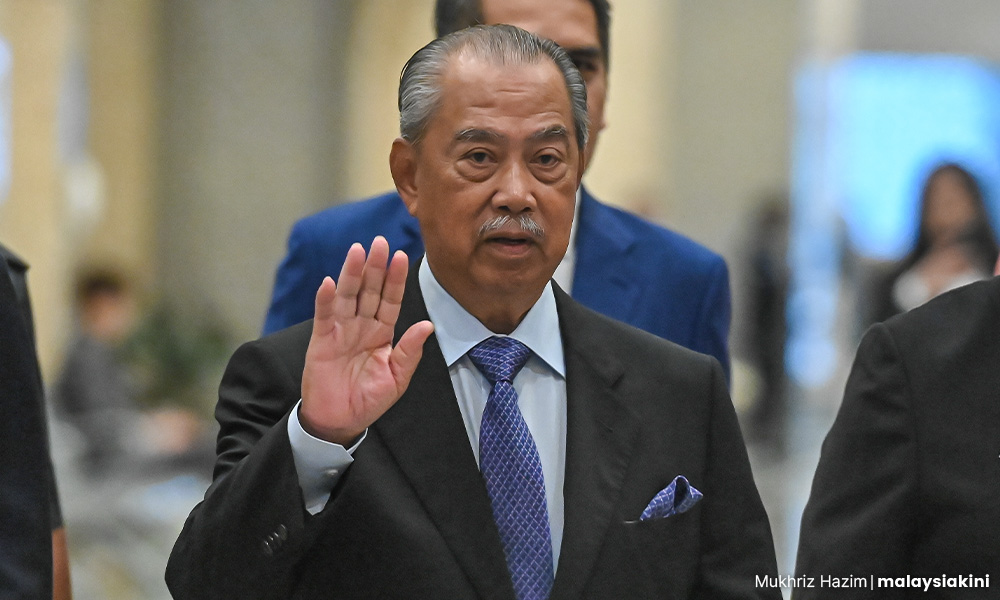
Undemocratic Malaysian parties
Bersatu is not alone in believing that allowing contests for its party leadership posts will fester disunity and weaken the party. This belief is shared by Umno.
Despite achieving their worst election result in decades, Umno deprived their party members of the right to conduct a “referendum” on the party leadership when the general assembly passed a motion for the posts of president and deputy president not to be contested at the March 2023 party polls.
This allowed the party president Ahmad Zahid Hamidi to remain in his position until 2026.
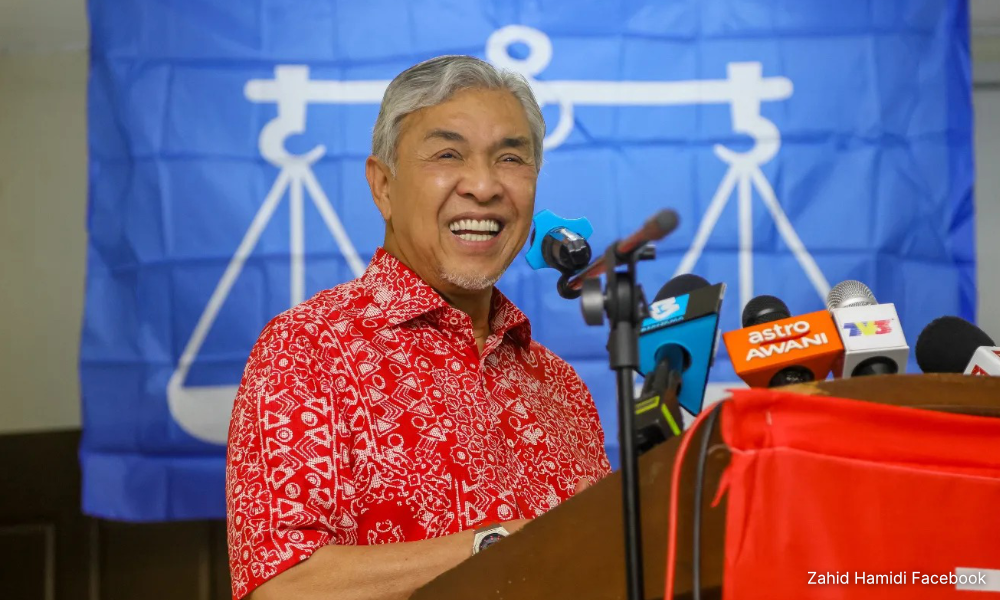
Meanwhile PKR, the party of reform, never had a serious contest for the party presidency in its 25 years of existence.
Abdul Rahman Othman contested against Wan Azizah Wan Ismail in the 2007 party election but the outcome was never in doubt and he left the party just one month after the election.
To a lesser extent, both DAP and Amanah minimise competition for top party positions by adopting a two-tiered election.
Party members elect two or three dozen candidates to the central executive committee, which then decides among themselves who should be the party chairperson, secretary-general, etc. Their party members do not have a channel to elect the top leaders directly.
This system makes it harder to unseat an incumbent leader, which explains why few have challenged and taken on an incumbent top party leader.
Fortunately, DAP has a three-term limit for its top post and Lim Guan Eng bowed out after serving 18 years as secretary-general.
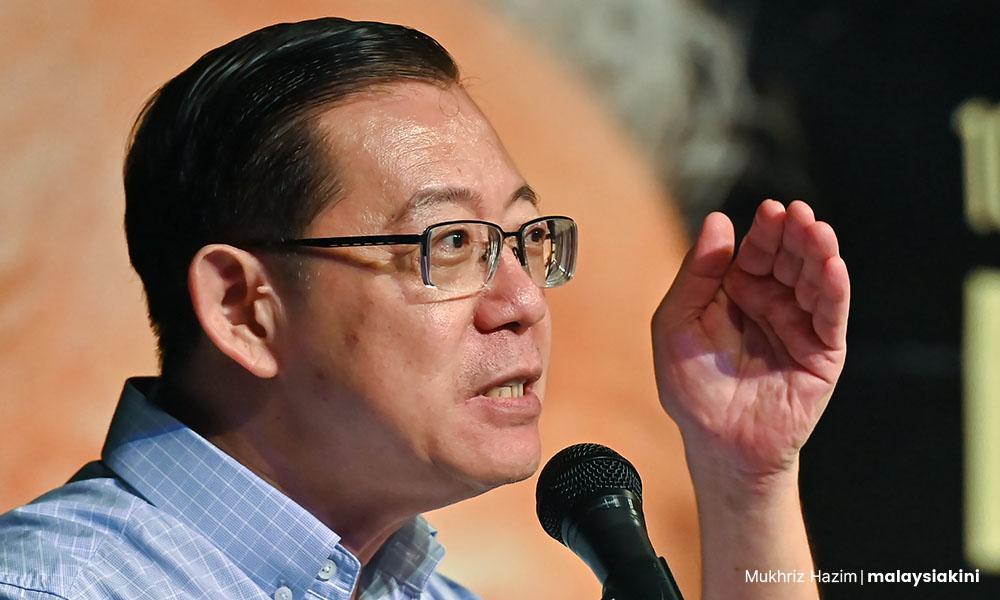
It is unclear if DAP would have had a fresh leadership in Anthony Loke if it weren’t for the party’s constitutional amendment in 2003 to adopt the term limit.
Thus, policy design is imperative in an organisation to create avenues for new leadership.
Healthy, professional competition
The anti-democratic behaviours of these parties are guided by a set of beliefs.
To a degree, they believe that:
A) More democracy within the party will cause disunity and division, which will be exploited by political opponents.
B) Rivalry and patronage will divide the party into factions, so it is better to “contain” the conflict.
C) Competition will be ugly as rival factions will go all out to kill off one another.
Let us address these assumptions one by one.
A) Does democracy encourage disunity and division?
To quote Wong Chin Huat, if you want a society with absolute unity and no division, look to North Korea.
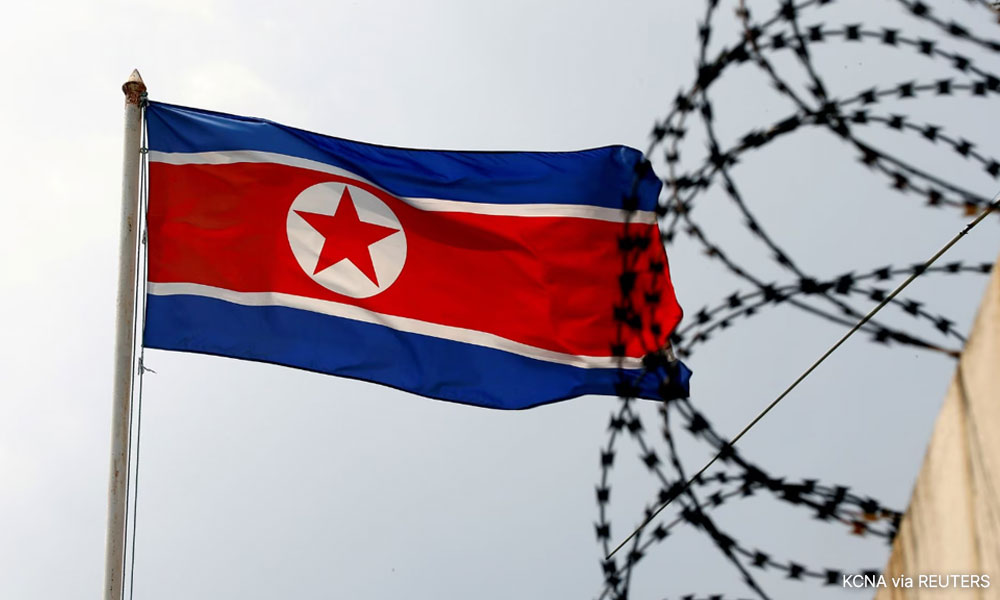
This “unity fetish” overlooks the fact that in any healthy democracy, there will be competition for ideas and offices.
But here lies a crucial distinction: competition and polarisation are not the same thing.
Sports teams fiercely compete against each other for trophies but they don’t wish death on their opponents or call them traitors.
Competition is only polarising if two or more factions do not, or could not, have the avenues or incentives to compete in a transparent, professional and fair manner.
B) Is containing conflict always better than fighting it out?
Like personal relationships, a sign of a strong marriage is not couples who never fight about their differences. It is couples that “fight” healthily and maturely without resorting to personal attacks and contempt.
Political parties that “contain” conflicts risk allowing resentment to fester and freeze the status quo to the point of not allowing new groups or new ways of organising to emerge.
This is clearest when top leaders refuse to bow out after a disastrous performance.
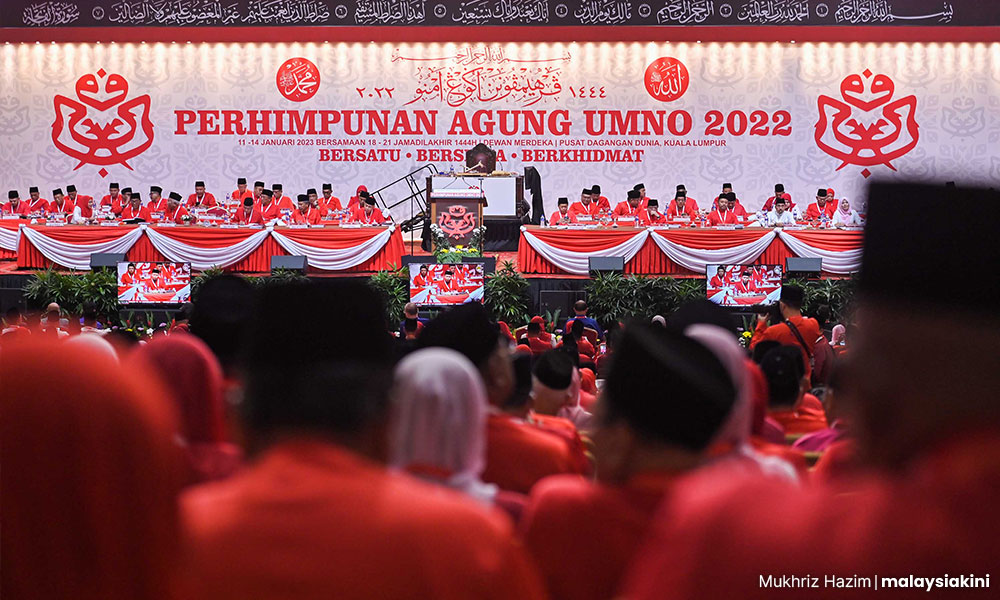
In the United Kingdom, both David Cameron of the Conservative party and Jeremy Corbyn of the Labour party resigned as leaders after failing in the 2016 Brexit referendum and the 2019 UK general election respectively.
But Zahid stayed on after leading Umno to its worst result in the 2022 general election (plus he was the deputy president during the party’s historic defeat in the 2018 general election).
The avoidance of conflict in Umno’s internal election freezes the status quo to the detriment of the party’s long-term health as an organisation.
C) Must competition be ugly?
Some competitions allow for the best ideas and new groups to emerge.
In the book “Conflicted: Why Arguments Are Tearing Us Apart and How They Can Bring Us Together”, Ian Leslie argues that constructive and productive disagreement (in contrast to destructive disagreement) can make individuals and groups smarter.
While competitive teams have more arguments than homogeneous groups, they produce better-quality results.
The fear of competition presents itself in an unexpected form in this story I heard from a senior politician.
Opposition parties in Malaysia tend not to form a proper shadow cabinet because there is a shared belief that whoever is nominated to be shadow minister will be sabotaged internally by jealous rivals.
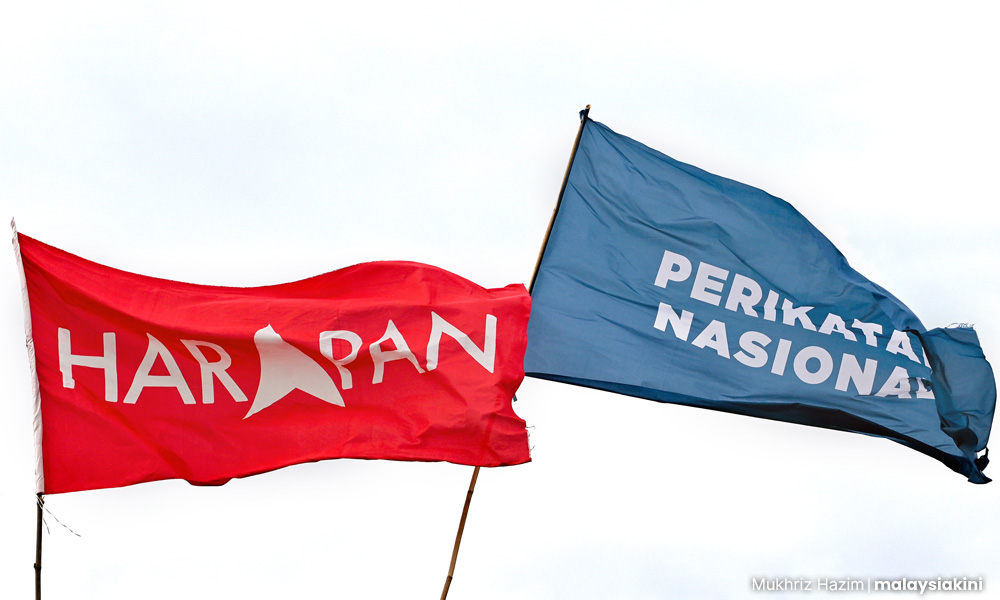
Some beliefs are laughable once aired publicly. If someone is so vulnerable, isn’t it better that he/she should face “exposure” as a shadow minister than a situation where some dirt is discovered after the person is already a minister?
The Labour party’s Keir Starmer formed his cabinet just one day after winning the UK election, and it was only possible because he had a strong shadow cabinet with the incoming ministers already prepared and familiar with their job scope.
Flawed beliefs surface in govt
Perhaps it is unsurprising that some parties continue to uphold anti-democratic laws like the Sedition Act, Universities and University Colleges Act, or Security Offences (Special Measures) Act when they win power and form the state or federal governments because they have flawed beliefs regarding democracy in their own parties.
It’s not just political parties. Despite their rhetoric proclaiming the virtues of democracy, some workplaces including civil societies, newsrooms, unions, and private companies have an intrinsic fear of what democracy entails eg competition for ideas and offices.
Look, I like “muhibah” and “musyawarah” and all but we shouldn’t fear and avoid practising democracy. We should not fear or avoid competition.
The better question is how we can design systems, mechanisms, and institutions in ways that encourage competition in a sustainable, dynamic, and professional manner.
Containing conflicts or eliminating competition runs the risk of a marriage of toxic positivity where unaired disagreements grow into bitter resentment, leading to a blow-up one day and an ugly divorce - not unlike a party split! - Mkini
OOI KOK HIN is a political sociologist who dabbles in civil society.
The views expressed here are those of the author/contributor and do not necessarily represent the views of MMKtT.



No comments:
Post a Comment
Note: Only a member of this blog may post a comment.